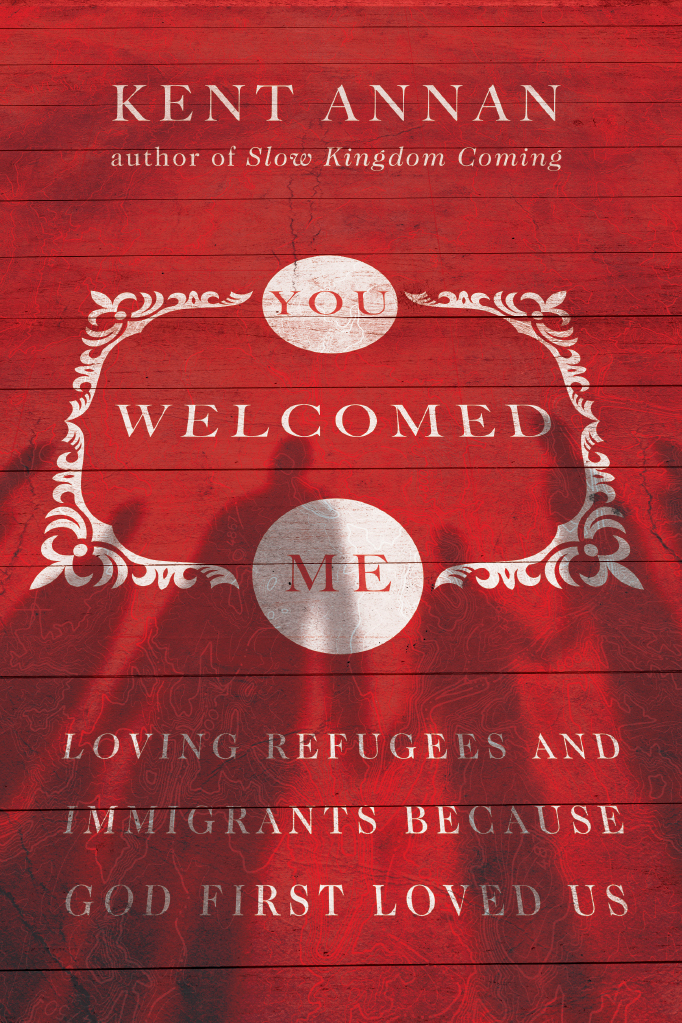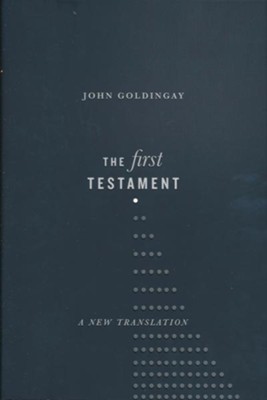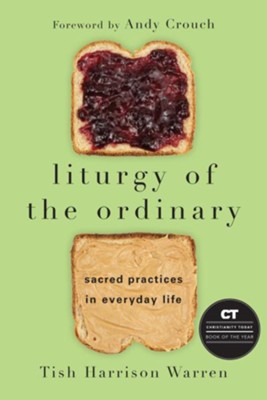So, last Sunday night at a BBQ I was in the midst of a conversation with a number of the forty-somethings from our church. One person was saying that she appreciated my nearly 70 year old mother hanging out with the teens and older kids, overseeing them and interacting with them while they were playing Monopoly. This made me smile. My mom is young at heart and loves kids. I still have a recording of her reading a Christmas book to Karis when she was a baby. Makes me cry nearly every time I hear it. So true to the beauty of who she is.
Anywho, the next thing took me off guard. Dude your mom is nice looking woman. I mean, she is a total MILF (if you don't know what this means it is an acronym, with the first word being mother and the last word a slang term for "relations"), ya know what I mean?
Well, on one hand I was honored that the folks in our church feel so comfortable in laying stuff out there for me. I mean, the language might have been an issue for some, but not so much for me. And I think the world of this person and their family. I feel very honored when people are authentic and vulnerable with me. Wouldn't want it any other way. It is actually a goal in each pastoral relationship to get to that point with people.
However, she was talking about my mother, and so because it was my mother, it was a little bit disconcerting.
Just had to share.....















